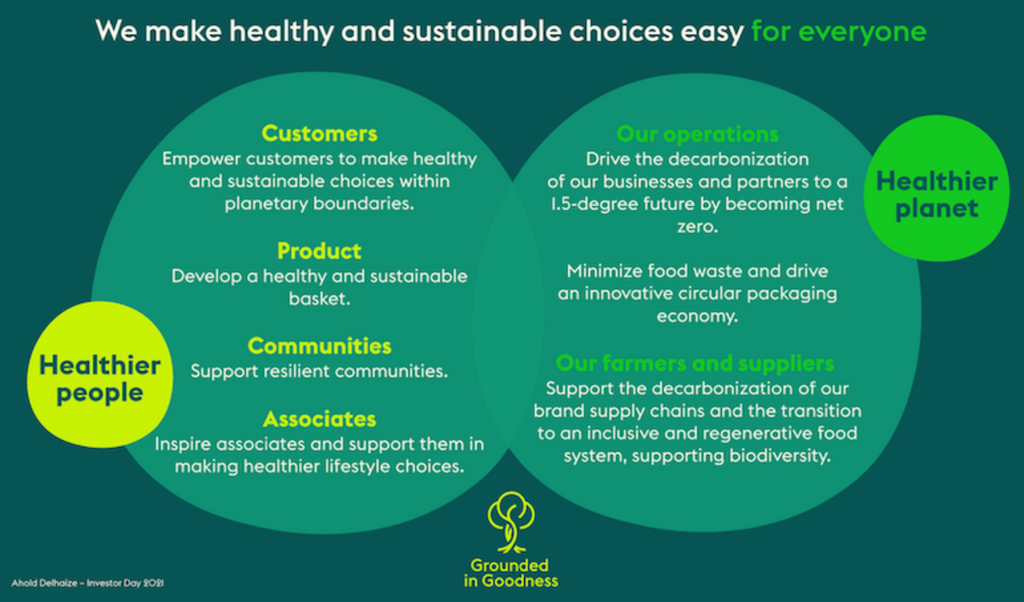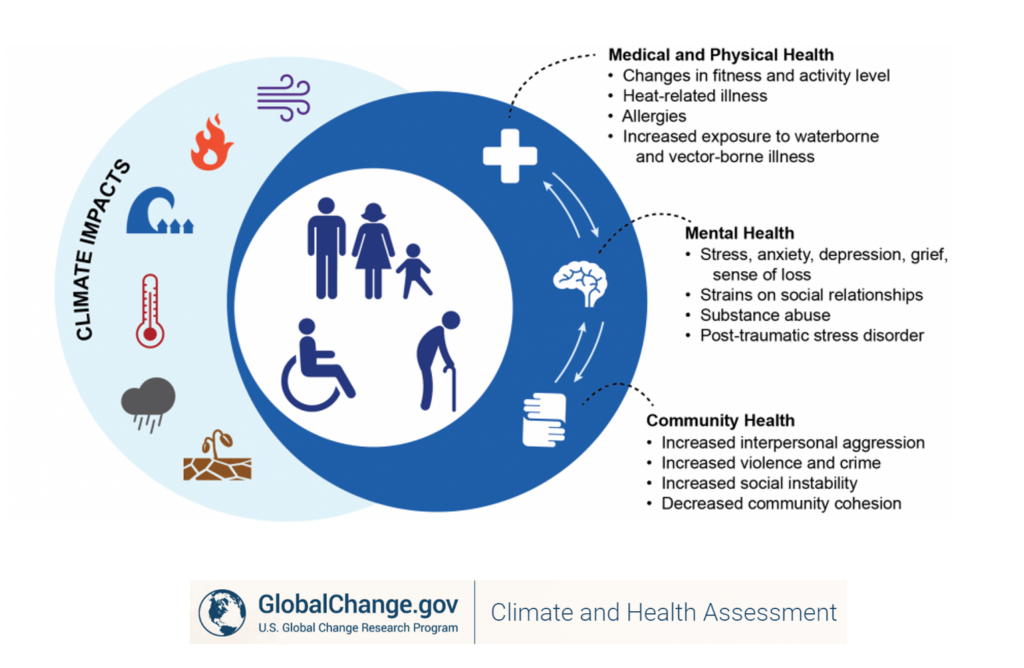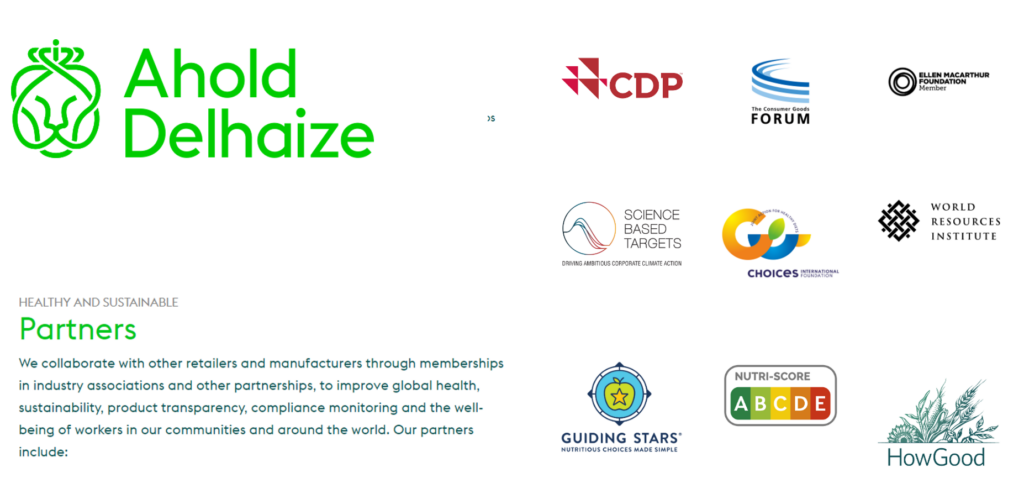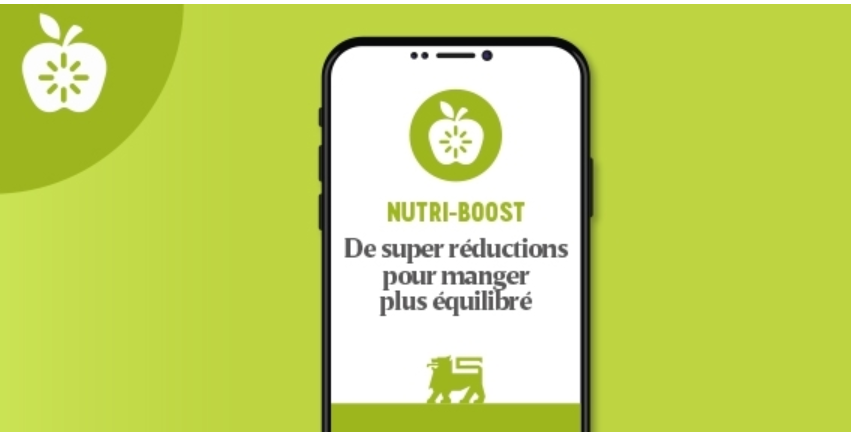In the food sector, “the opportunity for us and the role that we play is to connect climate and health,” Daniella Vega of Ahold Delhaize told Valerio Baselli during the Morningstar Sustainable Investing Summit 2023.
In a conversation discussing the importance of non-financial metrics in companies’ ESG efforts, Vega connected the dots between climate change, retail grocery, and consumers’ health and well-being.

Vega is the Global Senior Vice President, Health & Sustainability, with Ahold Delhaize— one of the largest food retail companies in the world. Based in the Netherlands, the company operates mainly in Europe and the United States — where it holds a position as the #1 leader in the Dow Jones Sustainability World Index for U.S. food retailing.
In the U.S., you might recognize the store brands Food Lion, Giant, Hannaford and Stop & Shop, as well as ecommerce channels FreshDirect and Peapod Digital Labs.
As shown in the Venn diagram here, the company’s “Grounded in Goodness” strategy focuses on the intersection of a healthier planet + healthier people.

“We have a role to play in society as a health partner for our customers,” Vega explained. “That not only dries a healthier basket for our customer, but also helps us focus on our Scope 3 emission, of which a move to a more balanced diet and more plant-based proteins is very helpful in that journey,” she told Baselli.
“We started from a fundamental belief that non-financial metrics should be as important as financial metrics,” explaining how the company coordinates with vendors and suppliers on a sustainable supply chain especially keen to partner with small farmers to partner in decarbonizing to benefit both planet and people.

In the company’s approach to Environmental, Societal, and Governance (ESG) goals, Vega said that the non-financial metrics like diversity in supply chains are embedded throughout the company’s reporting — not just as an appendix “at the end,” or a checklist item, but embedded in the business. 
Health Populi’s Hot Points: Climate change directly impacts health across its many dimensions: medical and physical health, mental health, and community health, as illustrated by this diagram from the U.S. Global Change Research Program.
This Program convenes 13 U.S. Federal agencies that, together, converge to address these many dimensions of health — from allergies and vector-borne illnesses to stress and depression, to the community epidemics of violence, crime, and lack of social cohesion.
The 13 agencies involved in this Program include the Department of Agriculture, Department of Commerce, Department of Defense, Department of Energy, Department of Health and Human Services, Department of the Interior, Department of State, Department of Transportation, the Environmental Protection Agency, NASA, the National Science Foundation, the Smithsonian Institution, and the U.S. Agency for International Development.
It’s interesting to note that Ahold Delhaize collaborates with many partners to bolster the enterprise’s health and sustainability efforts — to improve global health, transparency, compliance, and worker well-being. Some of these organizations are included on this graphic from the company’s annual report.
As a some-time resident of Brussels, Belgium, I’m lucky to frequent a grocery store called Proxy in my neighborhood of St. Gilles. Proxy is a member of the Ahold Delhaize family, and one of my favorite aspects of shopping for food at Proxy is the Nutri-Boost program which I discussed here in Health Populi.

In this company press release from October 2020, Ahold Delhaize explained how, in the midst of high food price inflation, the loyalty program continued to save shoppers craving healthy eating money.
As the company tagline states, “Eat well. Save time. Live better.”
By eating well, we can also save money, boosting financial sustainability for families.
This video, while in Dutch, explains the concept — a kind of behavioral economic “nudge” for me to buy healthier foods at an immediate %-off savings on my grocery tab at check-out. Even if you don’t speak Dutch, the video is so well-designed you’d want to be a Nutri-Boost consumer too.





 I am so grateful to Tom Lawry for asking me to pen the foreword for his book, Health Care Nation,
I am so grateful to Tom Lawry for asking me to pen the foreword for his book, Health Care Nation,  I love sharing perspectives on what's shaping the future of health care, and appreciate the opportunity to be collaborating once again with Duke Corporate Education and a global client on 6th May. We'll be addressing some key pillars to consider in scenario planning such as growing consumerism in health care, technology (from AI to telehealth), climate change, and trust -- the key enabler for health engagement or dis-engagement and mis-information. I'm grateful to be affiliated with the corporate education provider
I love sharing perspectives on what's shaping the future of health care, and appreciate the opportunity to be collaborating once again with Duke Corporate Education and a global client on 6th May. We'll be addressing some key pillars to consider in scenario planning such as growing consumerism in health care, technology (from AI to telehealth), climate change, and trust -- the key enabler for health engagement or dis-engagement and mis-information. I'm grateful to be affiliated with the corporate education provider  Thank you FeedSpot for
Thank you FeedSpot for